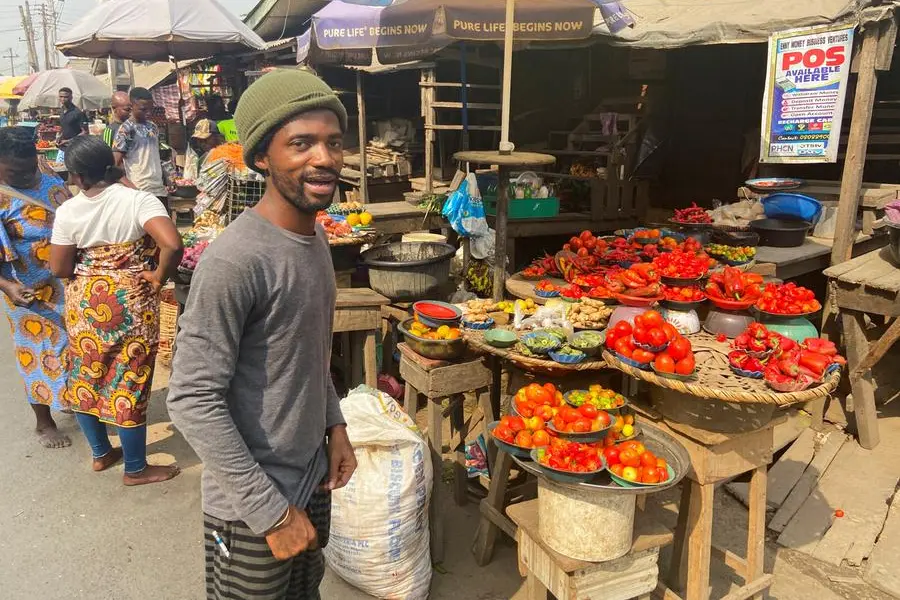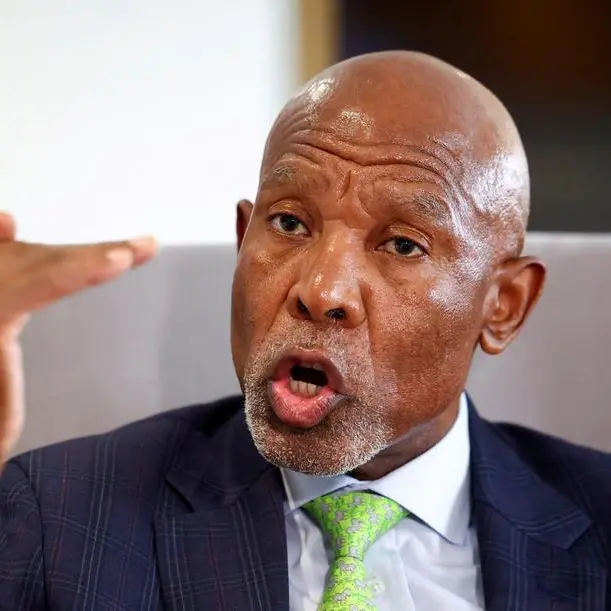PHOTO
TO achieve the United Nations zero hunger agenda for 2030, leaders at every sphere of governance have the responsibility to design and implement policies for transforming food systems. Given that hunger kills and has the tendencies to increase crime rates and social crisis, governments and leaders must take concrete measures that are not “business as usual”. With new class of leaders at both the federal and state levels in Nigeria, we are faced with new opportunities for our public officials to consciously lead for the actualization of the Sustainable Development Goals in Nigeria. Beyond rhetoric, how would our leaders navigate the staggering figures of hunger, food insecurity and the resultant social crisis, with 25 million Nigerians at the risk of food insecurity in Nigerian according to UNICEF’s 2023 record? The challenge of food insecurity and hunger cannot only be solved with the required financing of $77 billion a year from the public sector and up to $180 billion from the private sectoras New Growth International estimates, it requires multi-sectorial good governance.
In order to build a safe system of prosperity as a country, Nigerian leaders have a duty to adopt Edgar Snow’s observation that in “order to maintain its own image of itself, the party (and the government) musts see that the people are fed. ‘People are China’s asset’, but if they do not eat, they cannot study or work; if they do not study and work, they cannot produce; if they do not produce there is no growth; if there is no growth, the system is a failure.” The idea that governments have a responsibility to ensure that no one is left behind demands concrete actions that enable deployment of concessionary funding to the agricultural sector, massive boost in employment in the sector and commitment to ensuring that everyone in Nigeria has access to affordable food.
Food security, a social condition for zero hunger, can be achieved when governments provide solutions to the core challenges affecting small-scale farmers. Given that small-scale farmers are critical stakeholders in the food security ecosystem, with 95% of the world’s farms, an enabling environment and connected chain of security, including access to capital, technology and reduced regulatory bottlenecks are required to ensure that farmers contribute to safe societies. First, governments at the subnational and local levels have a responsibility to ensure that the primary purpose of governments is actualized. This requires investment in the agricultural sector, security and incentives for rural farmers, including access to processing technology, storage system and viable markets for their farm products.
Related Posts Propagating the legacy People are always amazed watching me on the drums — Gbemisola EeZee Conceptz’s Minister GUC releases ‘Popsi’
Flowing from the Federal Government’s declared state of emergency and comprehensive intervention plan on food security, affordability and sustainability, leaders at the subnational and local government levels are required to follow through the measured outlined to tackle food inflation. While the federal ministries of agriculture and water resources coordinate efforts on irrigation for all-year rounding farming, the entire security architecture is required to provide an enabling atmosphere for safe farming, particularly within ungoverned places in rural areas. Given that agriculture is an item on the concurrent legislative list, governments’ agricultural interventions must be specific on the production of more food and improved nutritional security.
(See the rest on www.tribuneonlineng.com)
Osadebay, Executive Director, T200 Foundation, writes in from Lagos
Such commitments from the government must ensure that local leaders understand the United Nations’ Food and Agriculture Organization’s call to action for “better production, better nutrition, a better environment, and a better life, we can transform agrifood systems and build forward better by implementing sustainable and holistic solutions that consider development in the long term, inclusive economic growth, and greater resilience.” Governments at local levels are at the center of food systems intervention and they must ensure that they define food security priorities, enhance coordination between government and private sector, commit to financing priority policies, ensure good governance and accountability.
With many organizations and institutions working to achieve zero hunger at different levels, leaders at local levels must harness collective effort, stakeholders’ engagement, shared commitment and firm political will to transform food systems within their states and local governments. Local leaders must recognize that food security requires multi-dimensional approach to advance and promote sustainable, smart and modern technologies and fair food distribution systems. This is importance given that a greater portion of food waste happens at the rural areas and governments at the local levels must build food processing and storage systems that will help reduce food waste. Like Thailand’s Young Smart Farmer Programme, governments must galvanize young people through programmes that counter the decline in the number of young people involved in farming.
Nigeria is facing an aging farming population, with young people seeing farming as a thing for old and unproductive people. Unless this increasing orientation is changed, we will have fewer young people returning to productive farmingactivities. Farming should be considered as a profession of the future – because everyone eats and humanity will continue to rely on food for survival.
Osadebay, Executive Director, T200 Foundation, writes in from Lagos
Copyright © 2022 Nigerian Tribune Provided by SyndiGate Media Inc. (Syndigate.info).





















